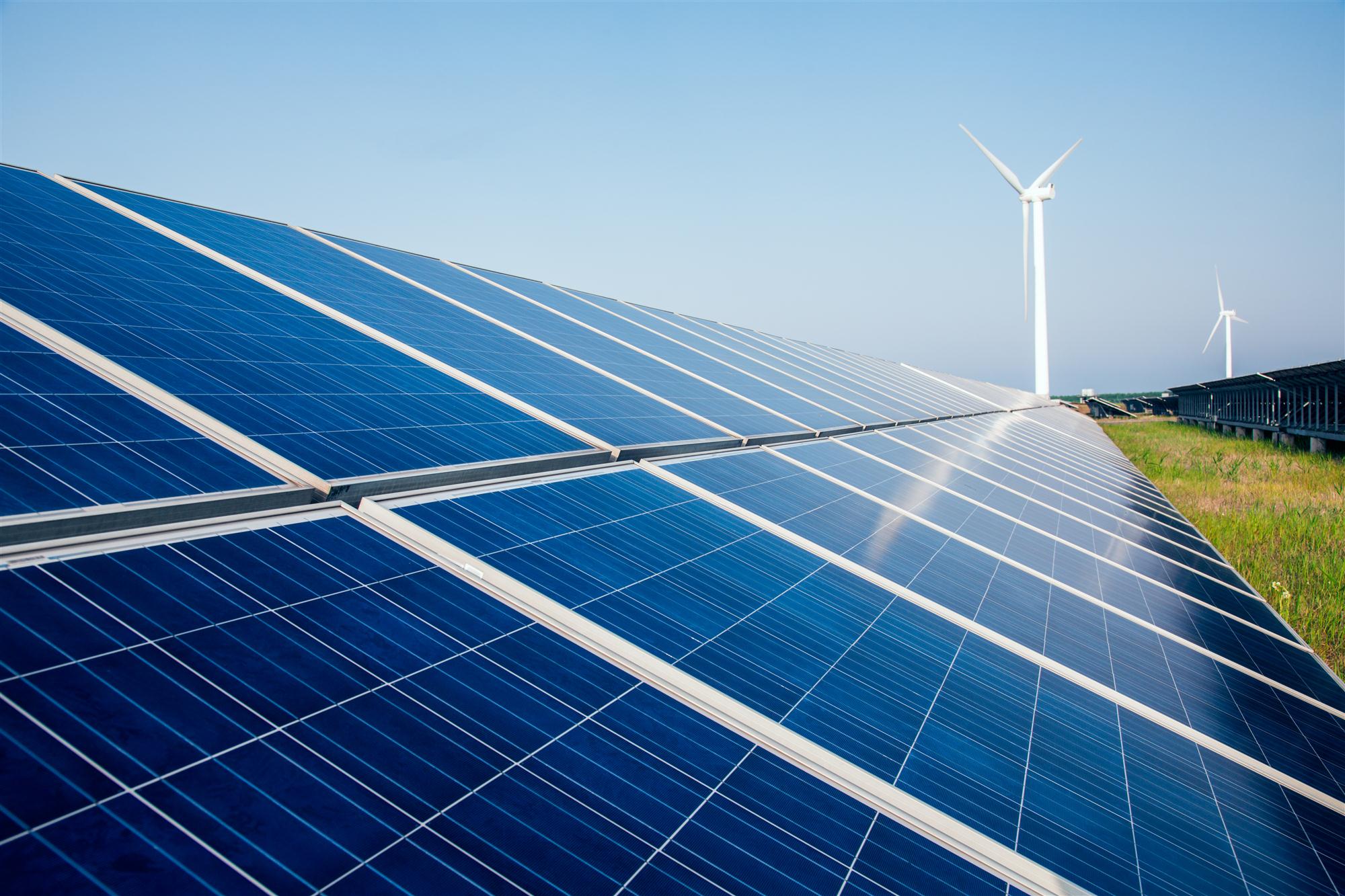With the Indian government focusing on renewable energy to meet its target for reduced carbon emission, the Indian shipping ministry has set a goal to achieve 200 MW from green energy by 2019.
This was revealed by Indian shipping minister Nitin Gadkari at a conference about how the government will achieve its 2019 target under the Green Port Initiative launched early last year.
Under the plan, India’s major ports will set up renewable projects that will generate 150 MW from solar power and 50 MW from wind power. The ministry will invest US$79 million in the project over the next three years.
The minister, while speaking at the Green Ports & Oil Spill Management 2017 meeting, said that renewable energy can save US$95 million to US$110 million annually if all major ports implement this initiative. He added that over 150,000 acres of land at Kandla port in Gujarat can be utilized for setting up solar and wind power projects. The surplus power can be transferred to the national grid.
On October 15, 2015, a memorandum of understanding was signed between the Indian Ports Association (IPA) and the Solar Energy Corporation of India for the development of solar power projects at major ports under the Green Port Initiative.
A total of 15.20 MW of solar projects has also been commissioned, with Visakhapatnam Port leading the way with 9 MW. Other ports in which solar projects have been commissioned are Kolkata Port (0.06 MW), New Mangalore Port (4.35 MW), V.O. Chidambaranar Port (0.5 MW), Mumbai Port (0.125 MW), Chennai Port (0.1 MW), Mormugao (0.24 MW) & JNPT (0.82 MW). The remaining solar power projects will be commissioned in phases and are expected to be completed by 2018.
The wind energy projects will be executed at three major ports – Kandla, V.O. Chidambaranar and Kamarajar ports – with a total capacity of over 70 MW.

India’s largest ports have started the process of setting up renewable energy projects by investing US$110 million, US$65 million of which will be invested in solar projects, with the going to wind projects.
“Keeping in mind the need for environmentally friendly sustainable options, the conclave will deliberate and conclude with a future green energy plan for ports,” said Sanjay Bhatia, chairman of Mumbai Port Trust and Indian Ports Association, speaking at the conference.
Explaining the economic importance of green energy, Annasaheb Patil, vice chairman of the Indian Federation for Green Energy, said that India currently imports 80-85% crude oil at a cost of US$78 billion, a cost which rose to more than US$110 billion at peak prices and which impacts the country’s trade deficit. He noted that therefore the green initiative is also significant from a national security perspective.
Apart from the port sector itself, the Sagarmala project – an extensive bid to modernize India’s ports through integration with industry and transport – will eventually be home to 14 industrial clusters with a cumulative investment of US$188 billion. Those industrial clusters will be made cost effective and economically viable by consuming green power, Gadkari said.
A Mumbai Ports official stressed that it wants the port to become a model for being a zero-waste generating port in the next few years.
A shipping ministry official speaking about funding for the green energy projects said that India’s ports are cash-rich and sitting on a total profit of US$800 million during the 2016-17 fiscal year, which ended March 31, 2017. The ports have started the process of setting up renewable energy projects from profits and these projects will further reduce power cost and thereby increase profit margins in years to come, he said.
These renewable energy projects will also help in reduction of carbon emission and lead to improvement of the environment around the ports, the official stressed.
The conclave was organized by the Indian Federation of Green Energy (IFGE) in association with Ministry of Shipping, Sagarmala, Mumbai Port Trust (MbPT), Indian Ports Association (IPA) and Shipping Corporation of India (SCI).
As per the report on Rapid Assessment of India’s maritime energy efficiency, prepared as part of India’s commitment to the Global Maritime Energy Efficiency Partnerships (GloMEEP) project, CO2 emissions from ships registered in India were approximately 4.75 million tonnes for the year 2016 when operating in Indian waters, Indian Minister of State for Shipping Pon Radhakrishnan said recently.
The government has also decided to meet the power requirements of the smart port industrial cities at Kandla Port and Paradip Port to be met through renewable power sources.
Indian Railways has also sharpened its focus on undertaking renewable power projects. The national transporter plans to install 1,000 MW of solar plants, which will be installed on signaling panels and rooftops of rail stations. There is also a plan to install 200 MW of wind energy in the next five years.
By Jagdish Kumar
India Correspondent | Mumbai




